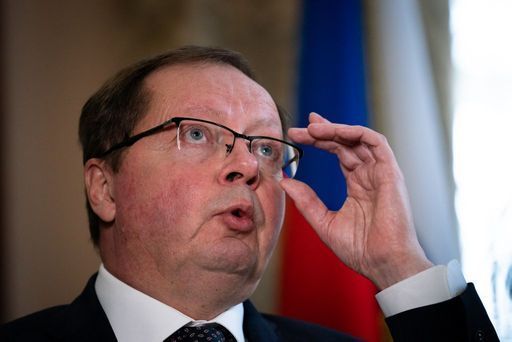Jacob Rees-Mogg spoke for many people horrified by Alexei Navalny’s death in a Russian prison last week when he suggested that the Russian ambassador to the UK ought to be expelled in response. Labour’s David Lammy and the SNP’s Ian Blackford also advocated this back in 2022. This, however, would be a mistake.
Already a subscriber? Log in
Subscribe for just $2 a week
Try a month of The Spectator Australia absolutely free and without commitment. Not only that but – if you choose to continue – you’ll pay just $2 a week for your first year.
- Unlimited access to spectator.com.au and app
- The weekly edition on the Spectator Australia app
- Spectator podcasts and newsletters
- Full access to spectator.co.uk
Or




















Comments
Don't miss out
Join the conversation with other Spectator Australia readers. Subscribe to leave a comment.
SUBSCRIBEAlready a subscriber? Log in